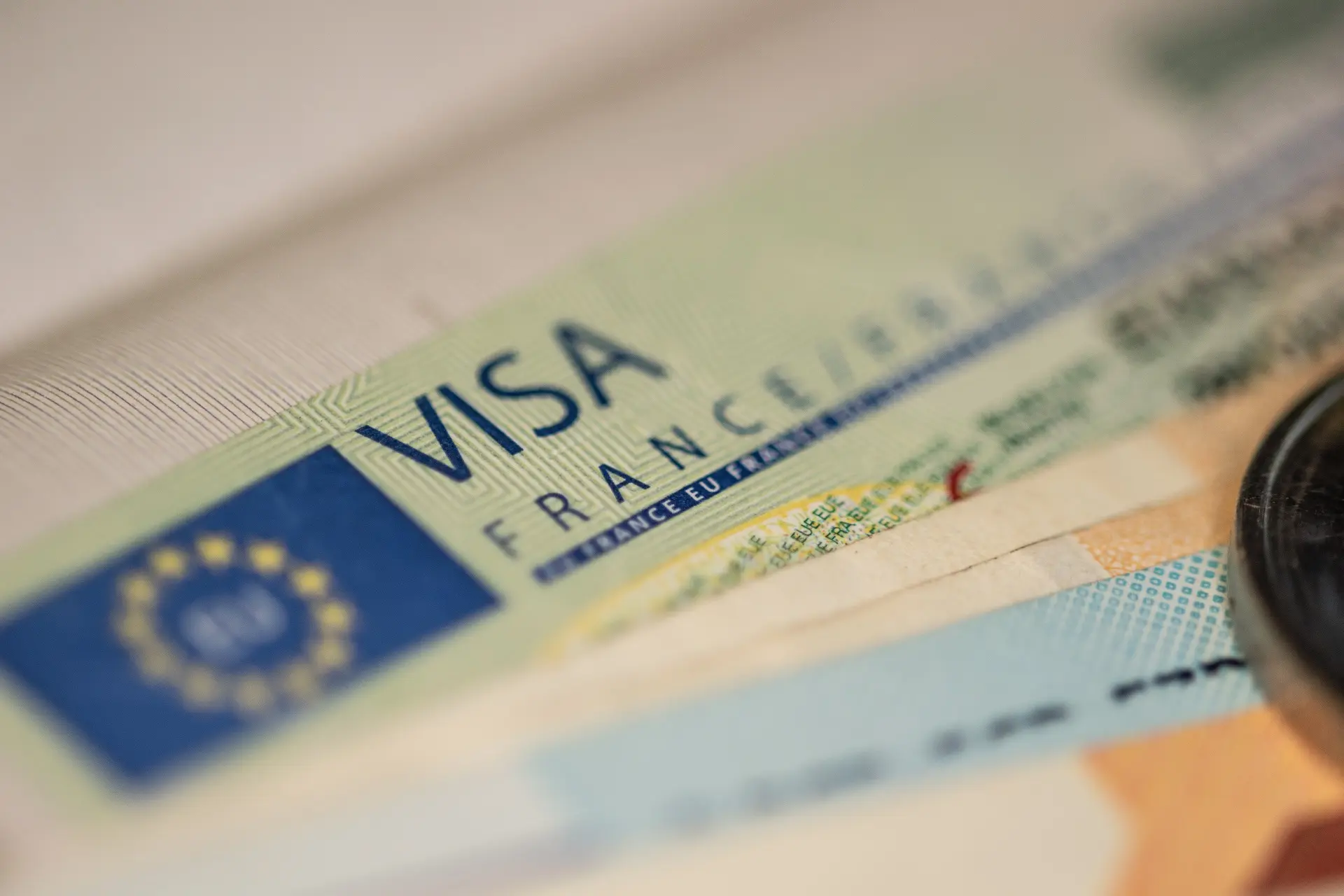Entrepreneurship in France: Making Sound Financial Decisions for Your Startup
Starting a business in France? Navigate funding, taxes, and financial management with informed decisions for a successful startup journey.
Starting a business in France can be an exciting endeavor, but like any entrepreneurial journey, it comes with its unique challenges. One of the critical aspects of building a successful startup is making sound financial decisions. In a country known for its rich history, culture, and innovative spirit, understanding the financial landscape is key to navigating the complexities of entrepreneurship. In this blog post, we'll explore the importance of making informed financial choices for your startup in France.

1. Embrace the French Startup Ecosystem
France has established itself as a thriving hub for startups and innovation, particularly in cities like Paris, Lyon, and Marseille. With an array of support programs, incubators, and accelerators, the country offers a nurturing environment for budding entrepreneurs. To make sound financial decisions, tap into this ecosystem. Leverage networking opportunities and seek guidance from seasoned mentors and investors. Joining local entrepreneurial communities can provide you with valuable insights and connections, helping you make informed choices when it comes to funding and financial strategies.
2. Secure Adequate Funding
In the initial stages of your startup, securing adequate funding is crucial. France offers various sources of funding, including government grants, venture capital, and angel investors. To make a sound financial decision, carefully assess your funding options. Government grants, such as those from Bpifrance, can be a valuable resource for early-stage startups. However, venture capital and angel investors may provide the necessary capital for rapid growth. Ensure that you choose the funding source that aligns with your business's goals and long-term financial stability.
3. Comprehend Regulatory and Tax Frameworks
Navigating the regulatory and tax landscape in France can be complex, but it's vital for making informed financial decisions. France has a business-friendly environment with various tax incentives and exemptions for startups. Research and understand these policies to optimize your startup's financial structure. It's also crucial to establish a solid financial plan that addresses taxation, accounting, and compliance from the outset. Hiring a knowledgeable accountant or seeking advice from legal experts can save you from costly financial mistakes down the road.
4. Implement Smart Budgeting and Financial Management
Sound financial decision-making doesn't stop once you secure funding. Implementing smart budgeting and financial management practices is essential for your startup's success. Create a detailed budget that outlines your projected expenses and revenues. Monitor your financial performance regularly and adjust your budget as needed. Software tools and accounting services designed for startups can help streamline these processes. This disciplined approach will not only keep your business financially stable but also demonstrate fiscal responsibility to potential investors.
5. Prioritize Sustainability
Sustainable financial decisions are about long-term success. Focus on building a business model that ensures steady growth and profitability. While rapid expansion may seem attractive, it's essential to evaluate the financial risks and maintain a sustainable cash flow. France values businesses that contribute to the economy and society, so align your financial decisions with sustainable practices, not just for the environment but also for your startup's longevity.
In conclusion, entrepreneurship in France offers a dynamic landscape for startups. Making sound financial decisions is a fundamental aspect of your journey. Embrace the ecosystem, secure adequate funding, understand regulations, and prioritize sustainability. By doing so, you'll not only navigate the complexities of the French entrepreneurial scene but also lay a strong foundation for the financial success of your startup.
.png)






